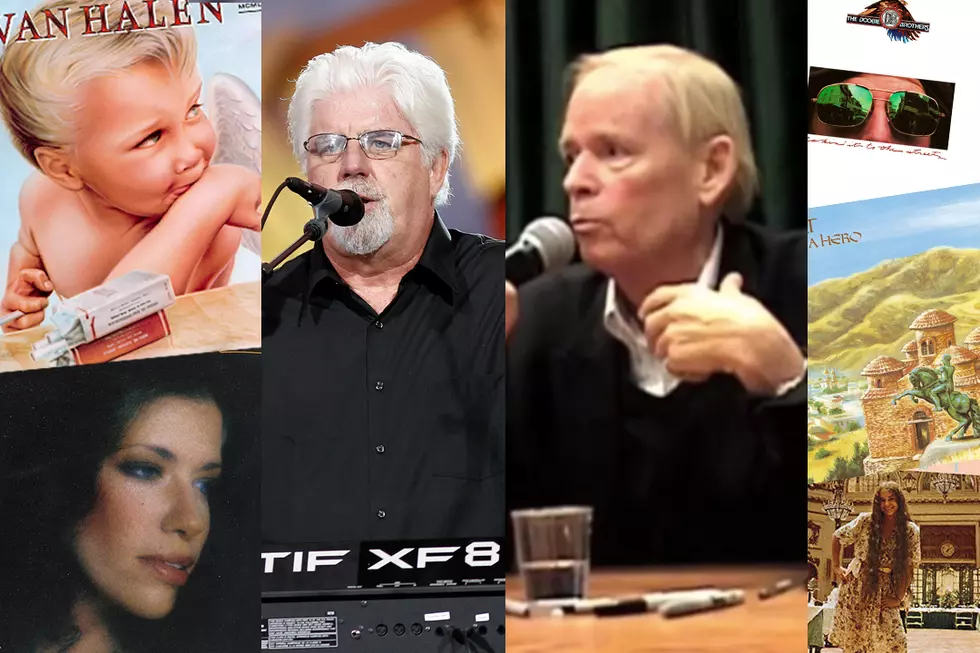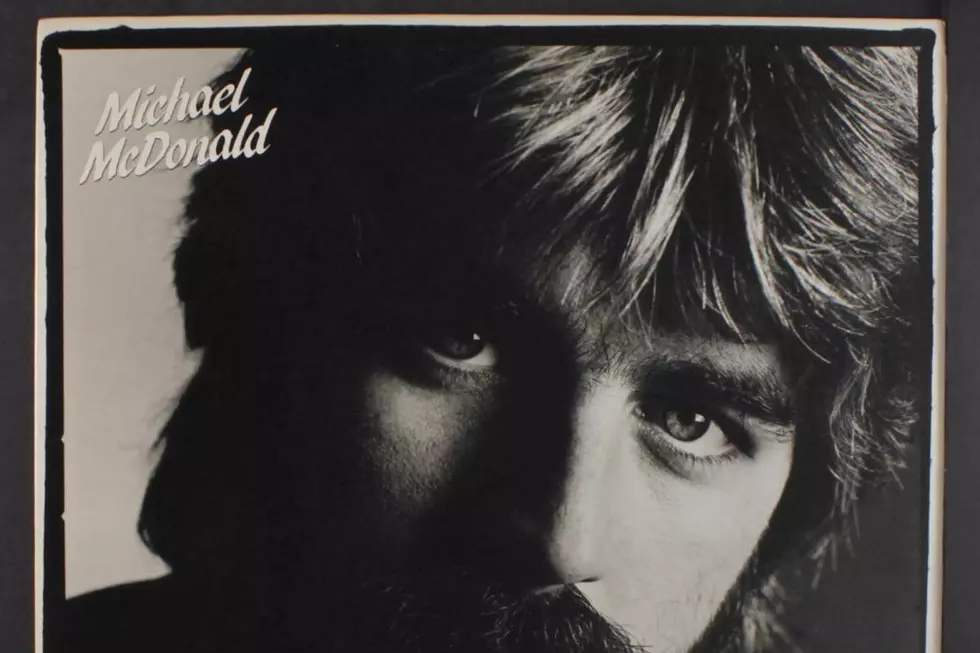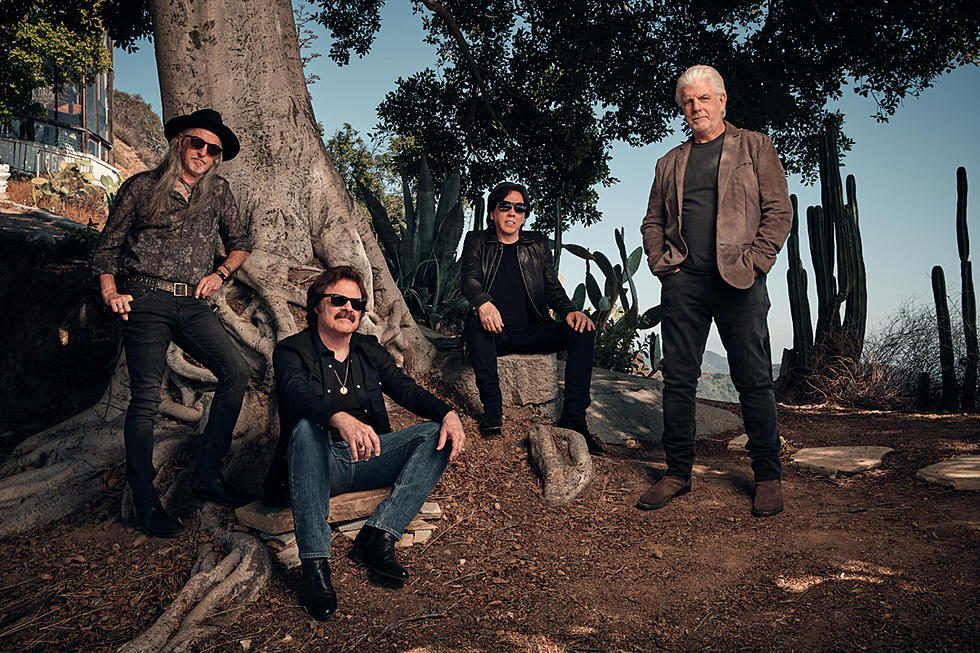
Michael McDonald Explains Ted Templeman’s ‘Melting Pot’ Approach
Sometimes the best moments in the studio aren't the ones that make it onto a record.
Producer Ted Templeman recalls one instance when he was working with the Doobie Brothers and speaking from the control room in between takes over the intercom to coach the band on how to approach the next section. After he finished sharing his advice, there was a brief pause before Michael McDonald spoke up.
”Mike goes, ‘Uh, Ted, I think I speak for the whole band when I say, ‘Go fuck yourself,'” Templeman recalls with a laugh to UCR. “He’s hilarious. He’s one of the funniest guys on the planet.”
It was McDonald’s voice that initially floored Templeman and the rest of the Doobie Brothers. McDonald eventually found a permanent spot on Templeman’s call list when he was working on projects.
“He’d come in and sing on somebody’s record, and you could hear his voice stand out,” Templeman says. “The first time I heard him, I was in the studio ... and I looked over at [Doobies singer-songwriter] Pat [Simmons], and he said I was mouthing, 'Oh, my God.' I couldn’t believe it. I went over to his house the first time, and he played me a couple of things. He lived in a garage, and all he had was a hotplate and a Fender Rhodes.”
McDonald feels the same way about the work he did with Templeman. “[It] was one of the great experiences of my musical life," he tells UCR in a separate interview. "[Templeman], Russ [Titelman] and Lenny [Waronker], to me, were three of the greatest producers that any of us will have ever known."
Those three, McDonald recalls, “really honed the skill of producing an album to a very sophisticated level. Artists like myself who were lucky enough to work with them really benefited from that. I’m forever grateful for that experience.”
Templeman would often work with the same group of people, enlisting artists to appear on each other’s albums. McDonald worked with Carly Simon and Little Feat; in turn, the Doobie Brothers contributed to Simon's records, and she would sing backup on a Little Feat album. That collaborative concept, says McDonald, was an important ingredient to the music that surfaced.
“I think that pop music as we know it is really only born of that very thing," he says. "When you follow the different genres of music - and there’s very distinct traditional genres of music around the country - you realize that it’s all a melting pot. It’s all a hodgepodge of different cultures coming together. Things like zydeco that are considered older traditional styles of American music, country western, blues. ... We’re a melting pot of cultures.
Think about Tejano music and its connection to polka, McDonald says. “In Texas in the early 1800s, a lot of the big landowners were immigrants from Germany. The cowboys that worked on those ranches, and the ranch hands and the people that helped them build their ranches, were all from Mexico and from areas that were still Mexican territories. So there’s this incredible melting of sensibilities.”
Occasionally these collaboration ideas would come from the artists themselves, like when David Lee Roth, who was struggling to find a melody and lyrics to go along with Eddie Van Halen's basic idea for "I’ll Wait,” asked Templeman if he could call McDonald for some help.
“They sat there, and I think Mike came up with most of the lyrics, and Dave would go, ‘Oh, yeah, okay,” Templeman recalls. “It was just funny, seeing David Lee Roth and Michael McDonald sitting in my office, working together. Because talk about a juxtaposition of incongruities."
As McDonald said in 2014, his afternoon with Roth ended paying off, even though his co-writing credit slipped in and out of the liner notes over the years. "I guess they thought I was Santa Claus, because I had to go chasing them a little bit on that one," he laughed. "It’s probably one of the most-played things I’ve ever written, just because it's Van Halen. That album sold 3 or 4 million copies right away, which was a really big deal at the time."
Templeman revisits the experience in full, along with many other key moments from his career, in the pages of his recently published book Ted Templeman: A Platinum Producer's Life in Music.
Doobie Brothers Lineup Changes: A Complete Guide
More From Ultimate Classic Rock









